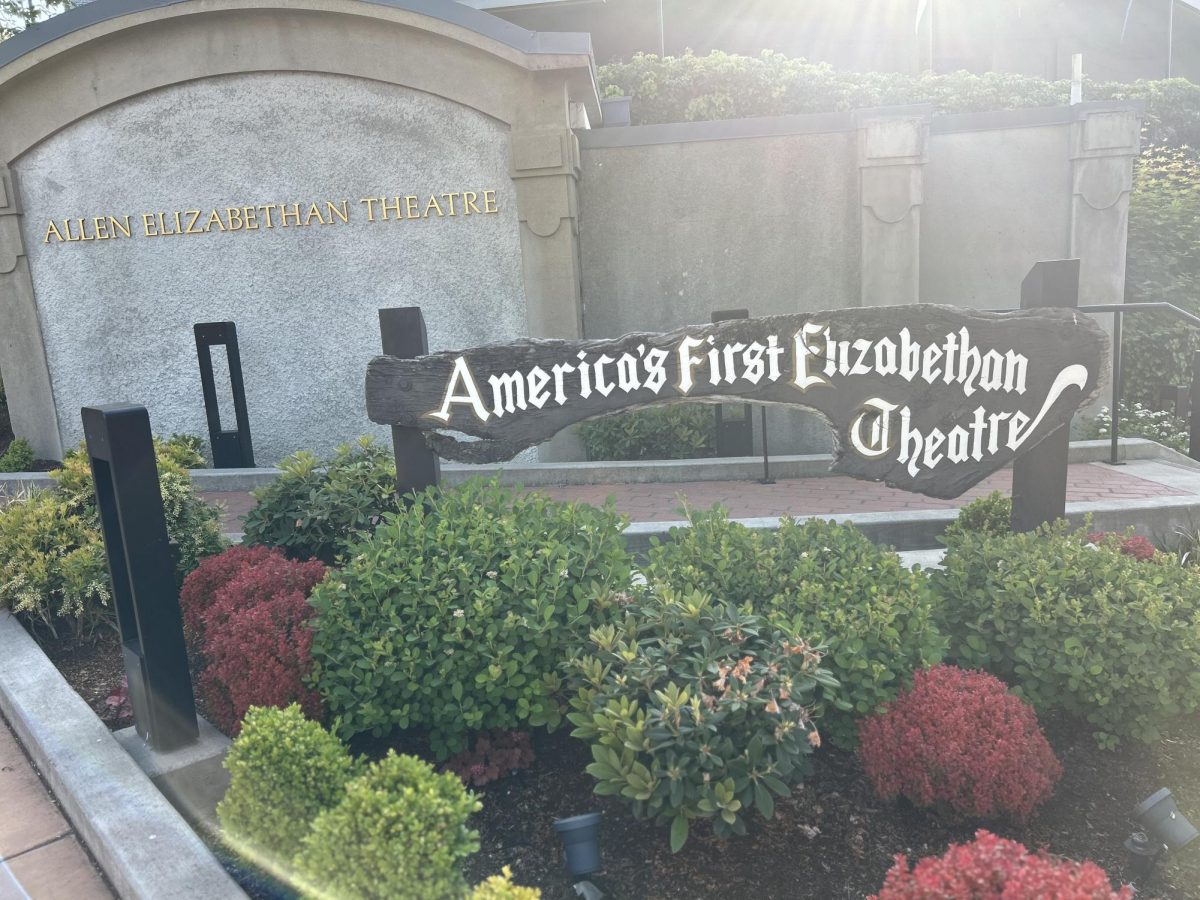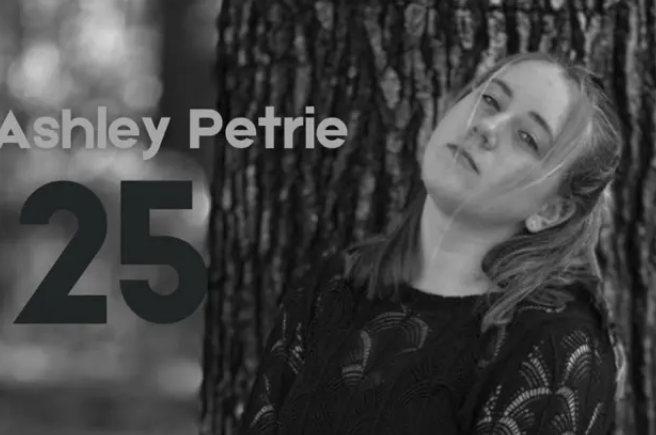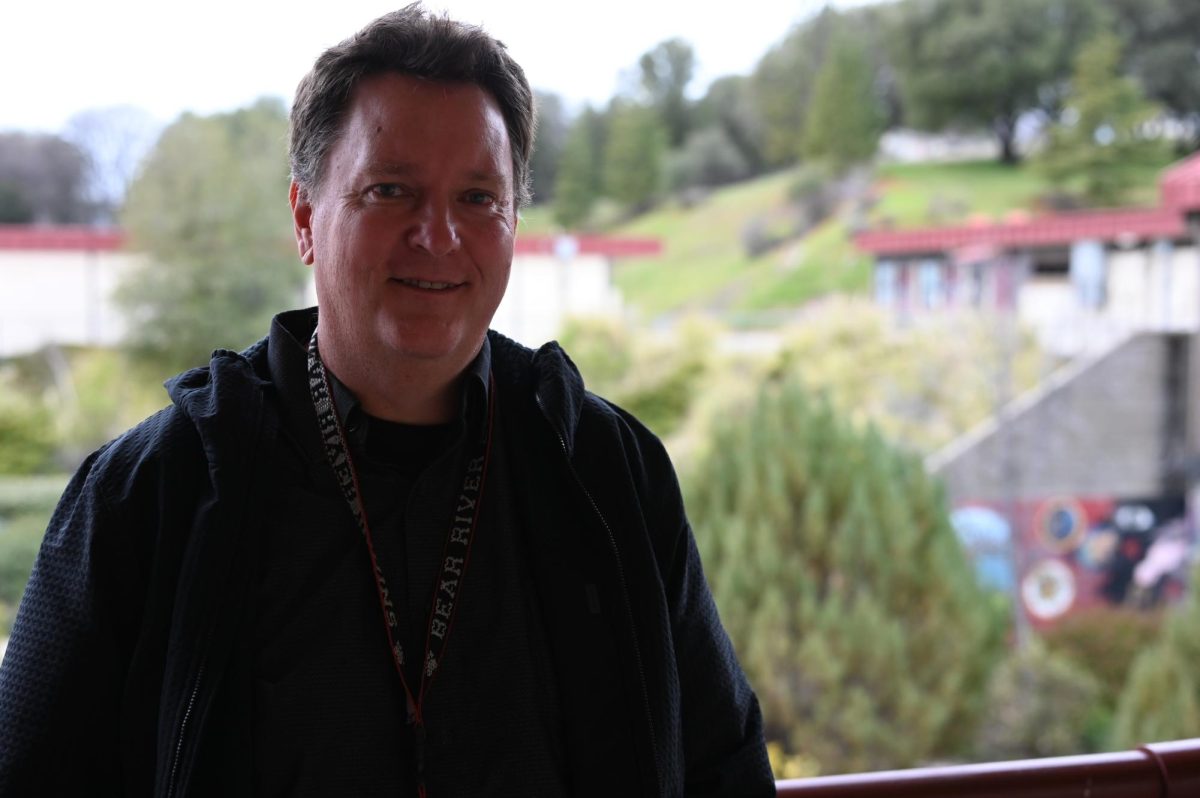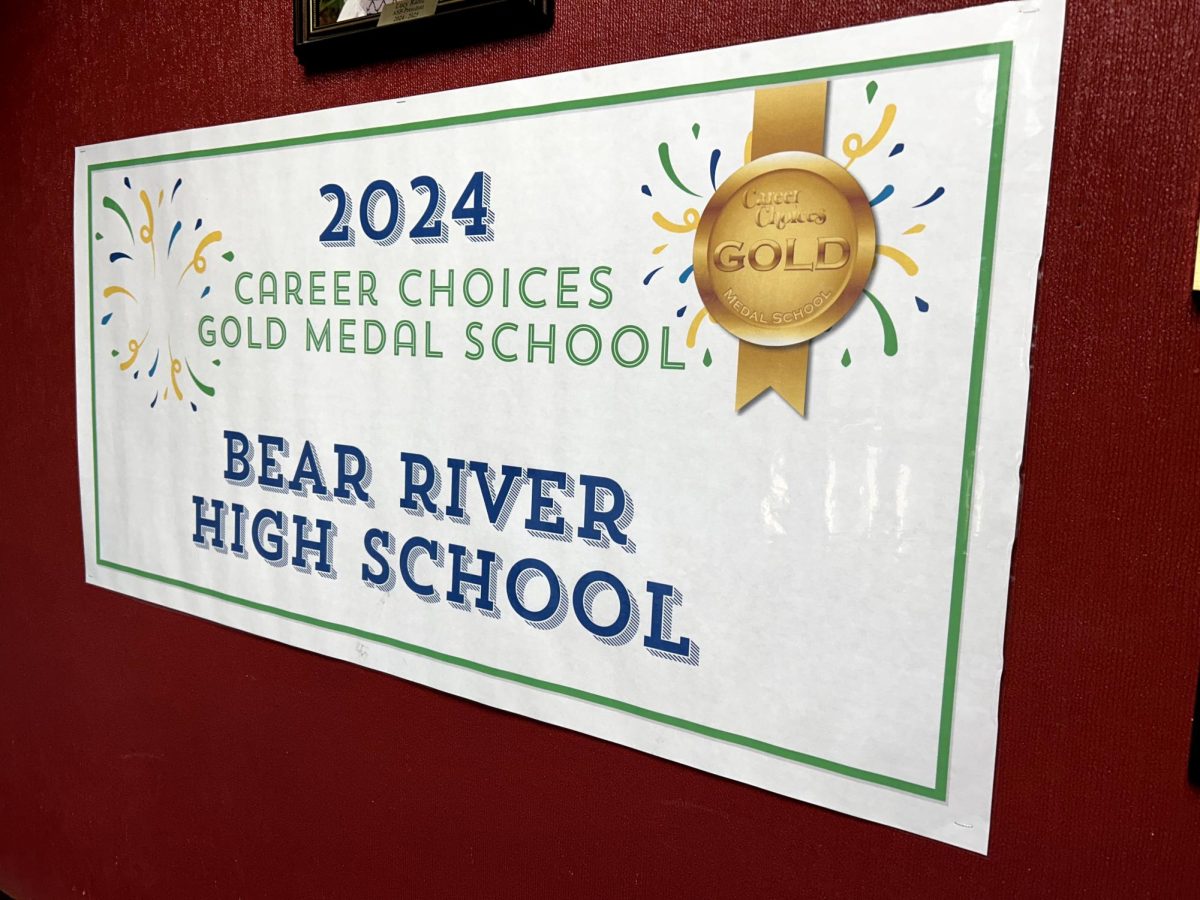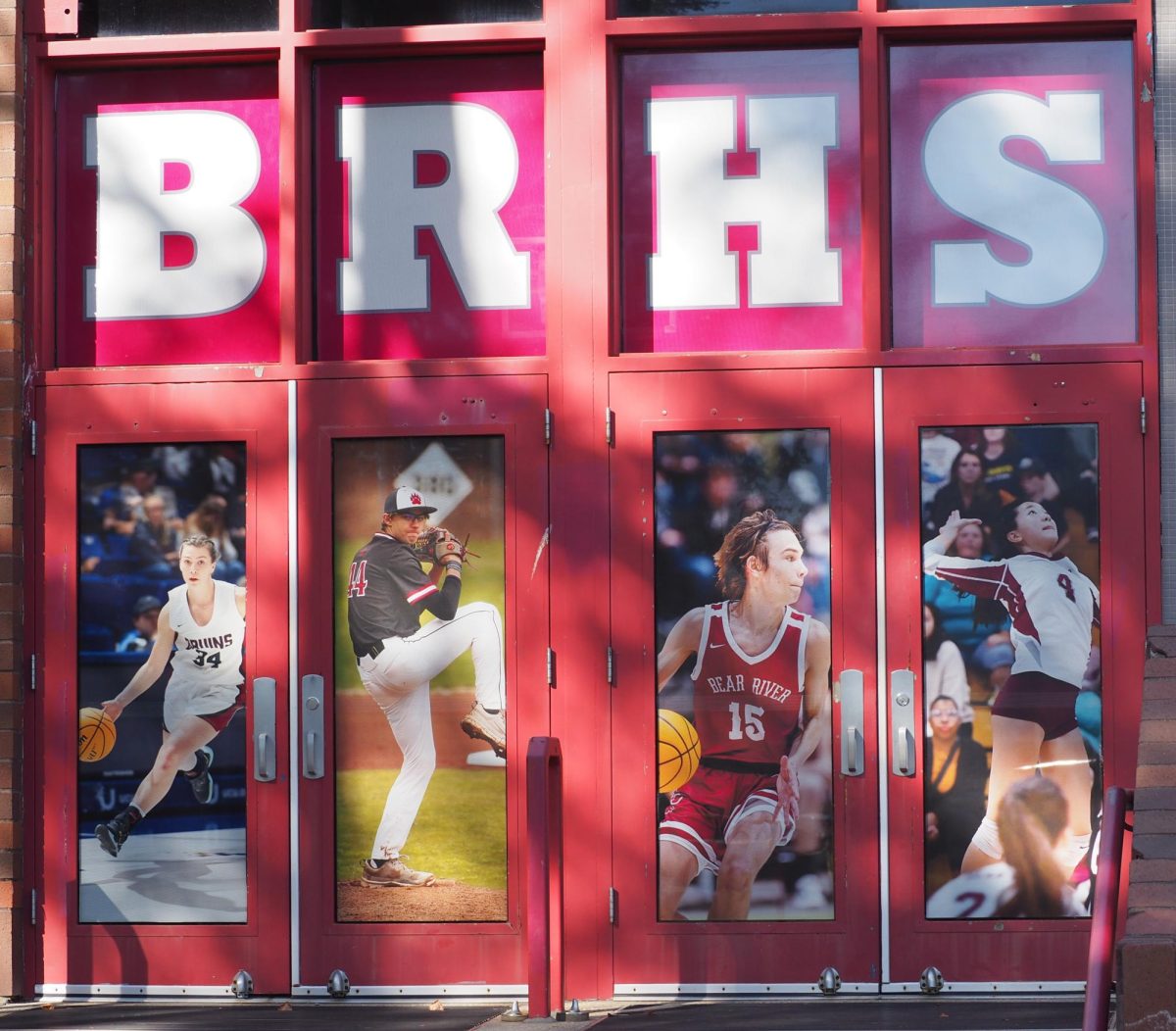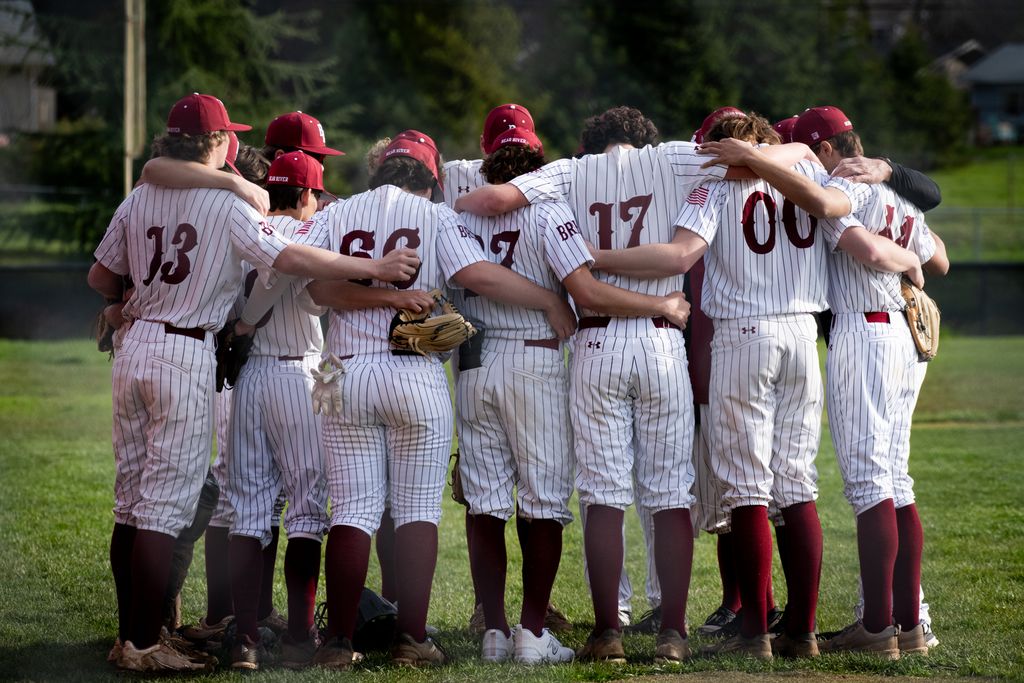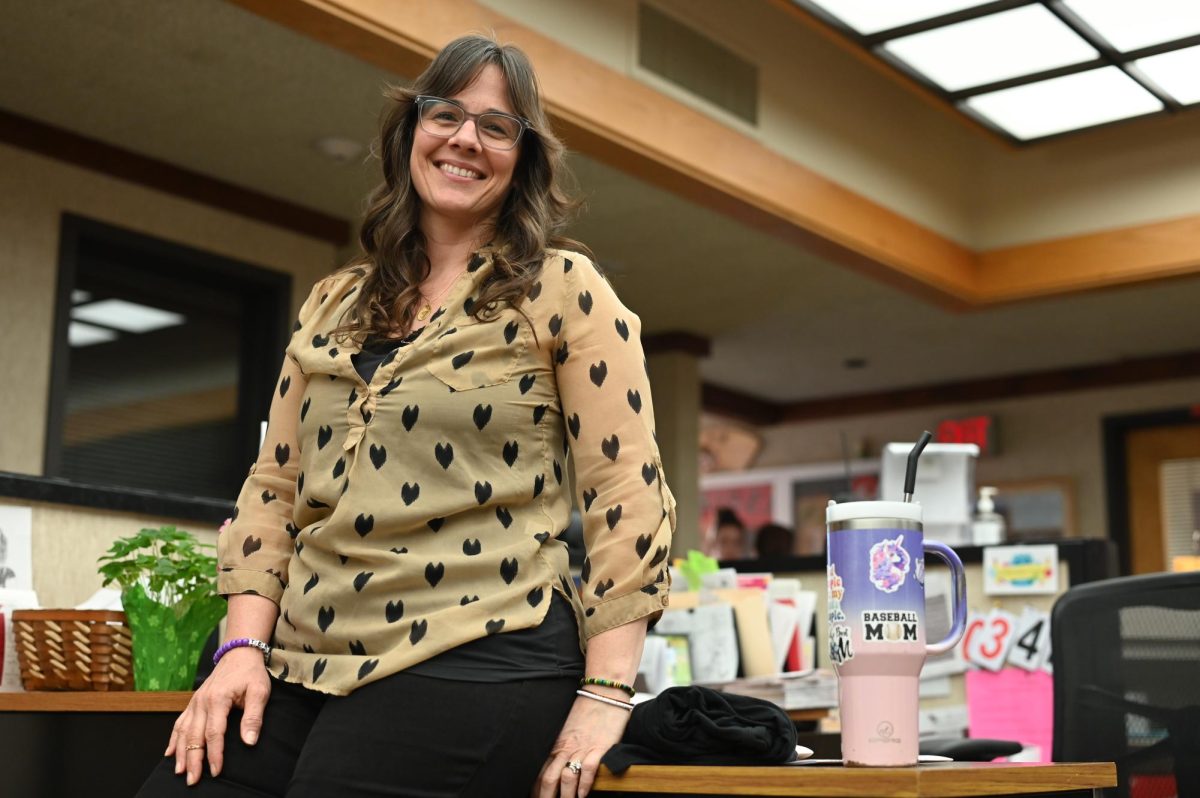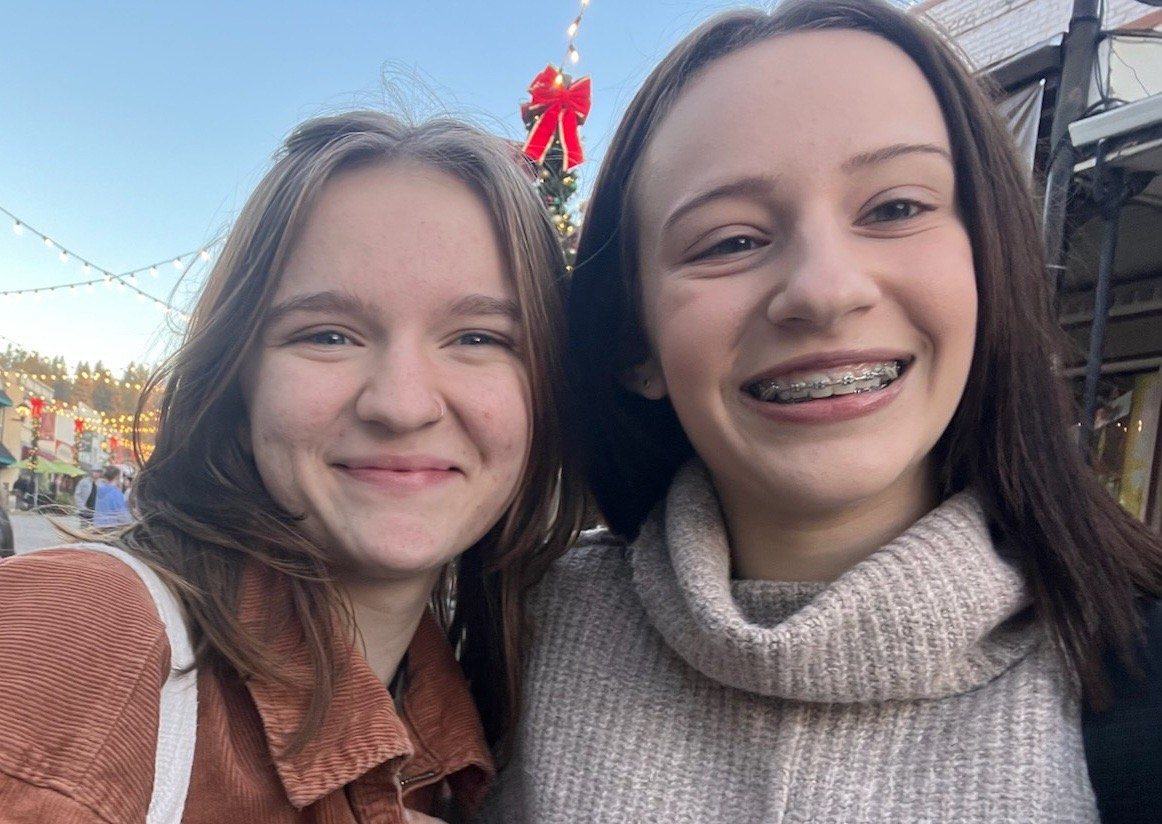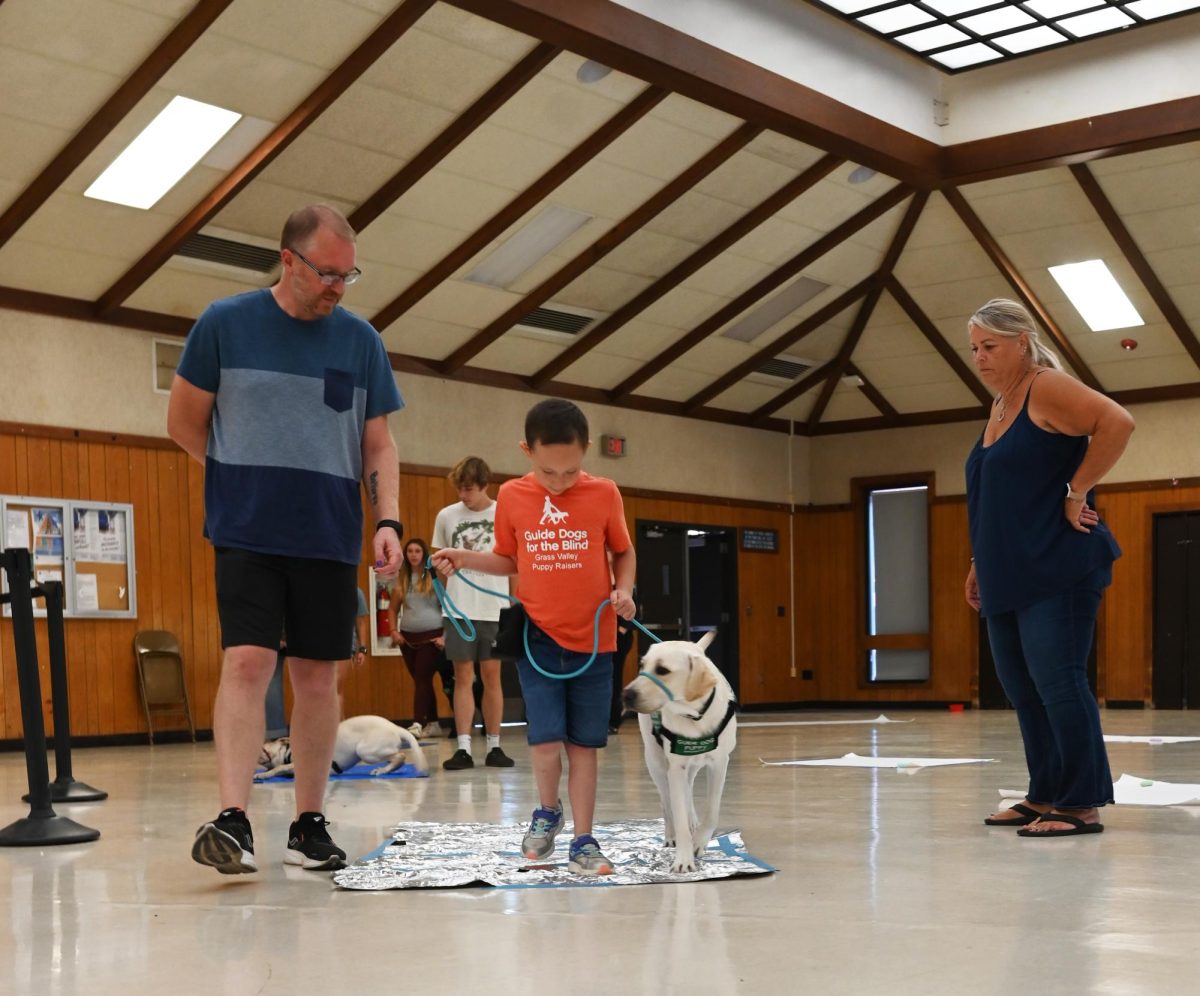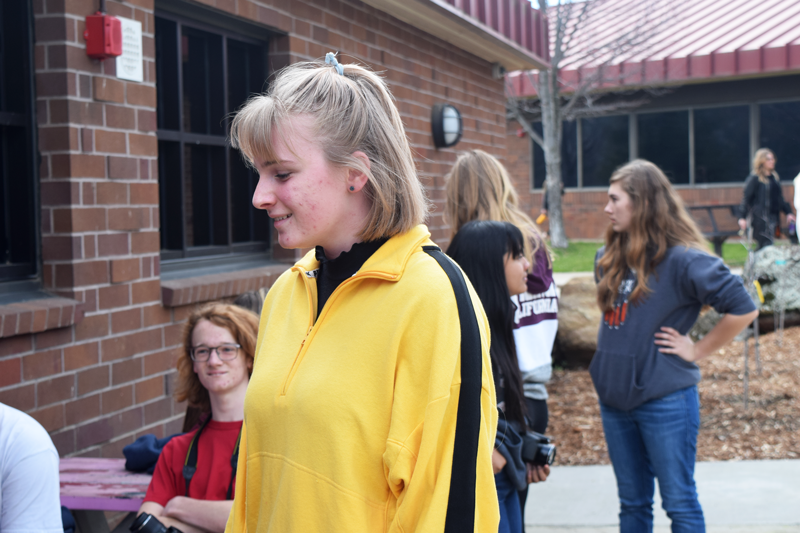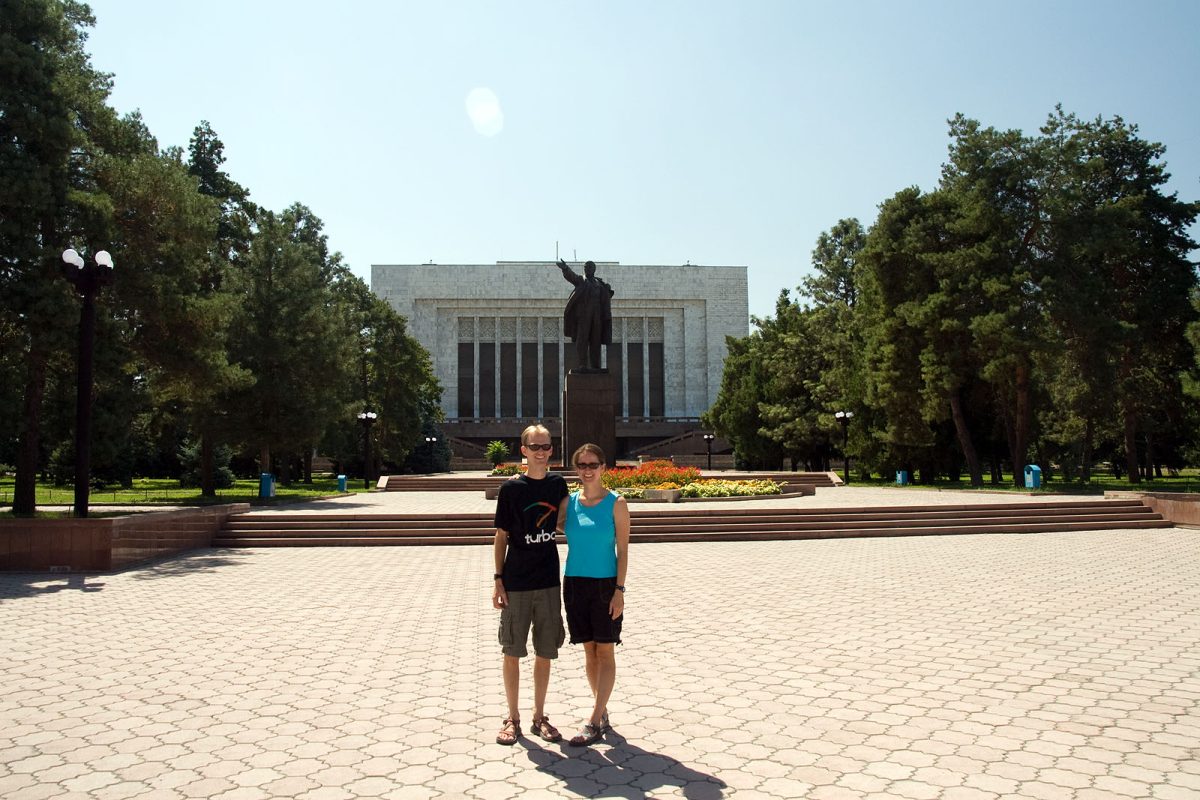The world is a big place. Even though we have navigated most of its surface, it’s still massive, with dozens upon dozens of different languages, cultures, religions, histories, and different aspects of different personalities.
But if so many people inhabit the world today, how do we distinguish them from one another? By their names, of course! While some names are more common than others, some names are very creative, and some people have gotten their names from their actions, their birthplace, or traits they have.
Junior Emmy-Lou Higginbotham’s name is a good example of this.
“Yes, so my last name’s meaning is ‘man at the bottom of the valley,’” she said. “Because when we came over on the Mayflower, it was actually Higginbottom, because we lived at the bottom of a valley between two mountains, so, yeah, it means ‘man at the bottom of the valley.’”
Lena Borba Kaiser, another junior, shared the definition of her last name.
“Kaiser means Emperor in German,” she said. “I don’t know what Borba means.”
But a lot of students, the majority, in fact, don’t know what their names mean, like senior Noah Skowronski, who is Polish.
“If [my name has a meaning], I don’t know what it is.”
Freshman Marshall Karadunis also didn’t know the meaning of his last name.
“[There’s no meaning] that I know of,” he said. “I’m sure there is, though.”
Mrs. Reafsnyder, one of the English Teachers here at Bear River, also doesn’t know the meaning of her last name, even with her extensive knowledge of her family history.
“No, we don’t know, and it’s kind of interesting, because in the 1880 census, I believe, or 1860 census, there was only one family of Reafsnyders in Pennsylvania, and then in the 1920’s or 30’s, there were the Reafsnyders there, and the Reafsnyders in California, and those were the ones my husband came from,” she said. “My family on my mom’s side has been here since the Mayflower, I’m a descendant of the Warrens on the Mayflower, and then my mom’s black men line came all the way down, but, I’m married, of course, to someone that has only been in the United States, who’s family’s only been in the United States for 100 years.”
But with all these unique names, where do the names come from, and what countries to student’s get their roots from? For Carsten Siebels, a senior, his family is from Denmark and Scotland.
“Yeah, my mom’s side is from Scotland, and my dad’s side is from Denmark,” he said.
There is also a decent amount of students with German heritage, like junior Alex Siegenthaler, who is Swiss, German, and Italian.
“Switzerland,” he said. “My dad’s side of the family is from Switzerland, [my mom’s side] is from America, but she’s Cicillian, and also Italian.”
Mrs. Reafsnyder also had some German heritage in her,
“Well, I’m German, on two sides of my family, my grandmother’s both married Germans, but Miller is pretty easy [to pronounce].”
Karadunis commented that his family was mainly from Greece.
“My great-grandpa comes from Greece,” he said. “Athens, specifically.”
But since foreign last names come from countries with different languages or pronunciations, it’s very common to make a mistake trying to pronounce a foreign name. Alex Siegenthaler was able to elaborate on how to pronounce his last name.
“[Siegenthaler]’s pronounced Sea-Gen-Taller, while looking like it’s pronounced Sy-Jen-Thaler,” he described.
Higginbotham is another good example. While England, where her name comes from, might also speak English, a lot of words there are pronounced very differently here in America.
“Hig-gin-bo-tham, or Hig-gin-bot-tom,” she said.
Many people around the world have very interesting (and, depending on the language from their country of origin, confusing to pronounce) names, some having powerful meanings that can describe the personalities of their family very well, while others’ meanings have been lost and forgotten.
Nicolette Antisdel, a senior, had tried and failed to find the meaning of her name.
“I don’t really know what it means, I looked it up a couple times in classes, nothing really came up,” she said.


